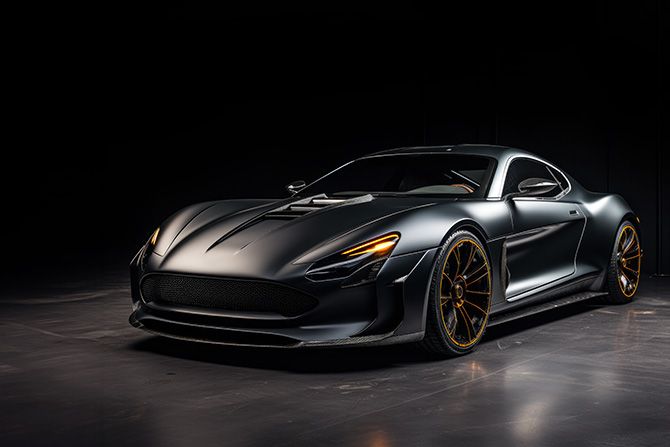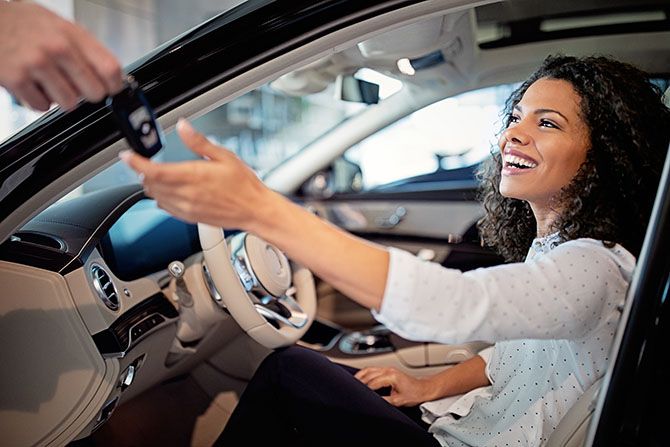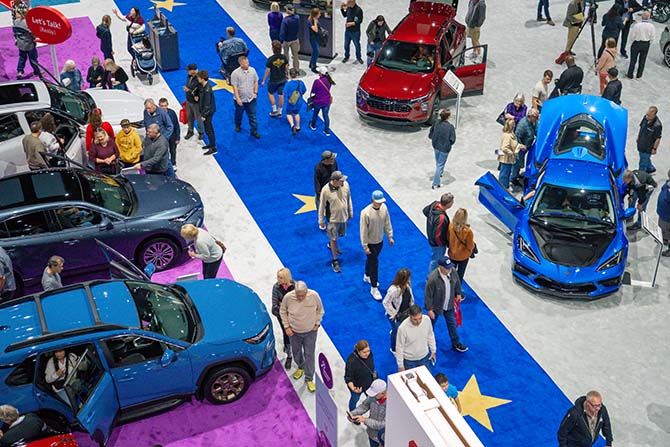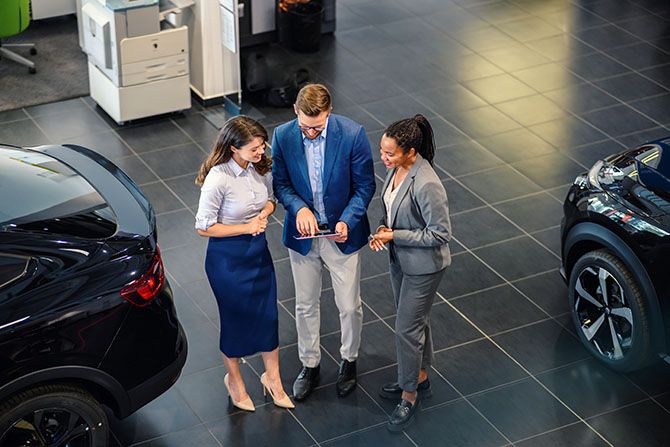As countries around the world move forward with plans to phase out the internal combustion engine, luxury and high-performance brands are coming to grips with perhaps the most significant change in automotive history: conversion to electric vehicles (EVs). The change brings feelings of frustration and grief, but also anticipation and excitement to manufacturers, dealers and customers alike.
Many iconic brands have announced plans to move to fully hybrid and/or EV fleets (e.g., Lamborghini, Aston Martin, Rolls-Royce and Bentley). Ferrari has resisted pressure to phase out the internal combustion engine entirely, as it views this mechanical tableau as “an essential part of the company’s heritage.” But the company has committed to be carbon neutral by 2030, and no one can doubt its technical prowess and determination to do so. Ferrari currently offers a variety of plug-in hybrid models and plans to have its first EV by 2025.
Dealers must adopt a multifaceted approach to deal with electrification. The infrastructure to sell and service EVs requires charging stations, EV parts, high voltage tools, new diagnostic and safety equipment, and technician and sales associate training. EVs generally have simpler drivetrains with fewer components prone to wear and tear compared to internal combustion engine vehicles. This leads to decreased service and maintenance needs, cutting into a significant revenue stream for dealers. Dealers must adjust their fiscal models to account for this change in departmental contribution. Dealers will need to develop the expertise to educate customers about the benefits, challenges and features of EVs, including addressing customer concerns about range, charging infrastructure and the overall EV ownership experience.
For enthusiasts and customers, electrification represents a significant shift in the automotive landscape, impacting not only the technology used but also customer preferences that have been central to the identities of Ferrari and other luxury brands. Performance cars are known for their roaring engines, which enthusiasts often associate with power, performance and excitement. Many worry that this change could alter the emotional connection between drivers and their vehicles, potentially affecting the visceral thrill that accompanies driving a high-performance car. Despite these concerns, many see electrification in the luxury and performance space as a catalyst that will spark new forms of uniqueness to emerge. For example, last year, Ferrari filed a patent for a system that reproduces the sounds of an internal combustion engine that can be synced to the acceleration of the EV’s electric motor. Electric powertrains allow for novel design possibilities, increased interior space and advanced technologies. Brands can focus on pushing the boundaries of EV performance and redefining what it means to be a supercar in an electrified era.
Scali Rasmussen, PC (SR) assists dealers of luxury and high-performance brands through this transformative period in the automotive industry. Through SR’s legal services, dealers can (1) maximize customer and dealer EV incentives available from governmental agencies and electric utilities; (2) negotiate EV infrastructure deals with manufacturers to prevent the dealer from paying more than is fair and required by law; (3) navigate through the EV infrastructure build-out process by dealing with various building codes and contractors; and (4) protect their overall investment from EV revenue changes by negotiating adjustments to capital requirements.











